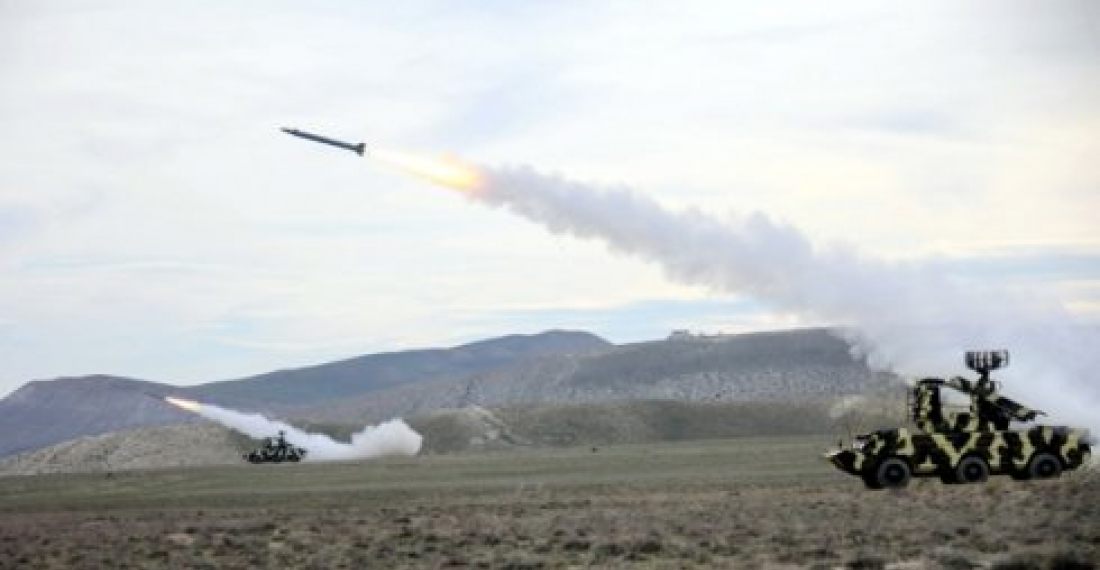The situation in the Karabakh conflict zone has been tense for the last days as both Armenia and Azerbaijan continue to report cease fire violations.
An Azerbaijani soldier died on Tuesday (15 November) as a result of what Azerbaijani sources say was Armenian shelling. He was buried in his home town of Masali today.
Azerbaijan has also said that it has shot down an unmanned Armenian drone that was trying to probe its positions. This was denied by the Armenian side.
In the meantime Azerbaijan is conducting large scale military exercises, with the participation of 60,000 troops, fifty aircraft and hundreds of artillery pieces and vehicles.
A statement issued in Brussels by the Armenian advocacy organisation, European Friends of Armenia refers to incidents on the line of contact in the Karabakh conflict zone on Friday. It says that "the shelling of the military posts near Talish and Yarmja with 60mm and 82mm mortars is the most severe escalation of the fragile situation since the April Four-Day War and the agreements reached at the summits held in Vienna and in St Petersburg earlier this year". Sources close to the organisation said that a visit to Brussels by the Foreign Minister of the self-declared Nagorno-Karabaklh Republic, Karen Mirzoyan, was cancelled "due to tensions on the line of contact these last days".
The Chief of Staff of the Armenian Armed Forces, General Movses Hakobyan has tried to downplay the situation. He was quoted by the Armenian agency news.am yesterday as saying that "We are watching the military exercises held by Azerbaijan, making corresponding conclusions. The situation at the frontline is the same as during these 24 years. The situation is controllable. There is nothing extraordinary."
source: commonspace.eu with agencies
photo: Live fire at Azerbaijani military exercises taking place this week. (picture courtesy of APA news agency, Baku).






